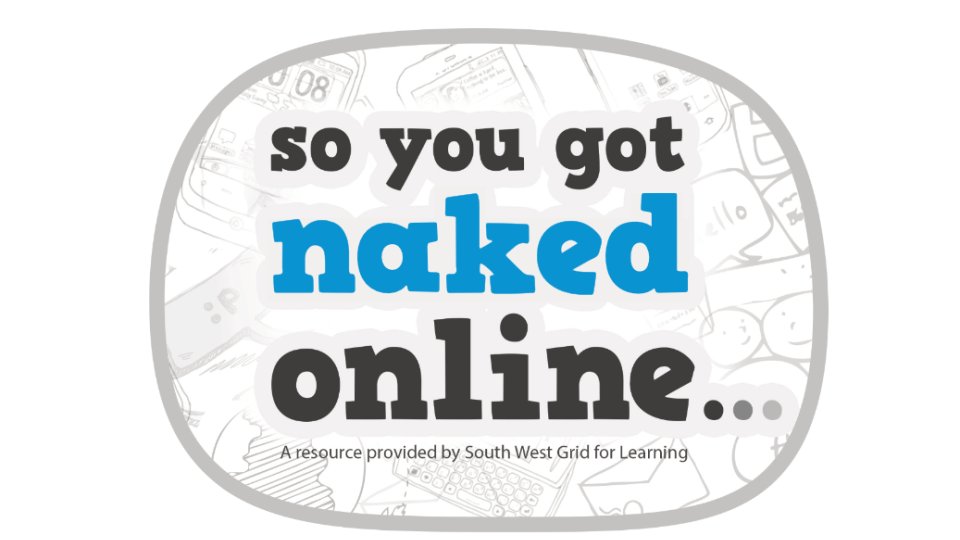The way young people communicate online is constantly evolving and it is essential that young people are provided with up-to-date advice and support. With the latest online safety concerns in mind, SWGfL has released a new version of So You Got Naked Online, to provide children, guardians and teachers with essential advice on what to do if a young person (or a friend) has put a sexting image or video online and have lost control over that content and who it's being shared with.
After multiple reiterations of So You Got Naked Online in a variety of languages, the latest updates for 2024 aim to provide new and relevant information while keeping the core of the resource the same. Learn more about the latest updates and how to access the resource below.
Download So You Got Naked Online
What is So You Got Naked Online?
First introduced in 2012, So You Got Naked Online has been one of SWGfL’s most valuable and popular resources, providing young people and parents with advice and strategies to support the issues resulting from sexting incidents, including:
- Understanding Sexting and Sextortion: What they are, the risks involved, and how to respond to threats or pressure.
- Managing Trust and Shared Content: Handling broken trust, tracking shared images, and taking control of the situation.
- Legal and Safety Support: Young people’s rights, protections, and tools like Report Remove and CEOP to help keep young people safe.
- Emotional Recovery: Self-care tips and support for moving forward after a challenging experience.
- Helping Yourself and Others: Practical advice for managing online privacy and supporting friends in similar situations.
The resource aims to address that whilst there is a lot of advice around preventing these situations in the first place, it is very important to recognise that sexting incidents happen and those affected need support and guidance.
Addressing Sextortion
As services such as the Professionals Online Safety Helpline and the Internet Watch Foundation (IWF) have seen, sextortion scams (or financially motivated sexual extortion) have been on the rise in 2024. Following the National Crime Agency’s sextortion alert shared with schools across the UK earlier this year, the updated version of So You Got Naked Online responds to these concerns with additional advice and guidance tailored for young people who have experienced sextortion scams.
The new guidance provides young people with an explanation of what sextortion is, alongside what to do if they have found themselves targeted by the scam. The advice highlights the importance of saying no to anyone asking for money or additional images and provides information on how the police or CEOP can help.
Additional Updates
Alongside providing new guidance around sextortion, general improvements to So You Got Naked Online have been made to acknowledge the influence of new technologies and social media trends, with consideration to new online risks. Key improvements include:
- Protections Under the Online Safety Act: Information about new legal requirements for platforms to address harmful online content affecting children and young people.
- Insights from the Internet Watch Foundation: Inclusion of 2023 data highlighting the rise in "self-generated" imagery.
- Focus on Self-Care and Mental Health: More information about emotional wellbeing and the available support for young people, parents, and schools managing sexting incidents.
Where to find ‘So You Got Naked Online’?
The latest version of So You Got Naked Online is now available for free on the SWGfL website in a PDF format.
Download So You Got Naked Online
Additional Support
Any professional working with a young person who is experiencing a sexting incident or online safety issue can contact the Professionals Online Safety Helpline by emailing helpline@saferinternet.org.uk. The helpline is open Monday to Friday, 10 am to 4 pm, excluding bank holidays.
The Professionals Online Safety Helpline has additional guidance for professionals working with young people when responding to a sexting incident, including how to respond to sexting disclosures, searching and viewing devices, and when to involve others.






